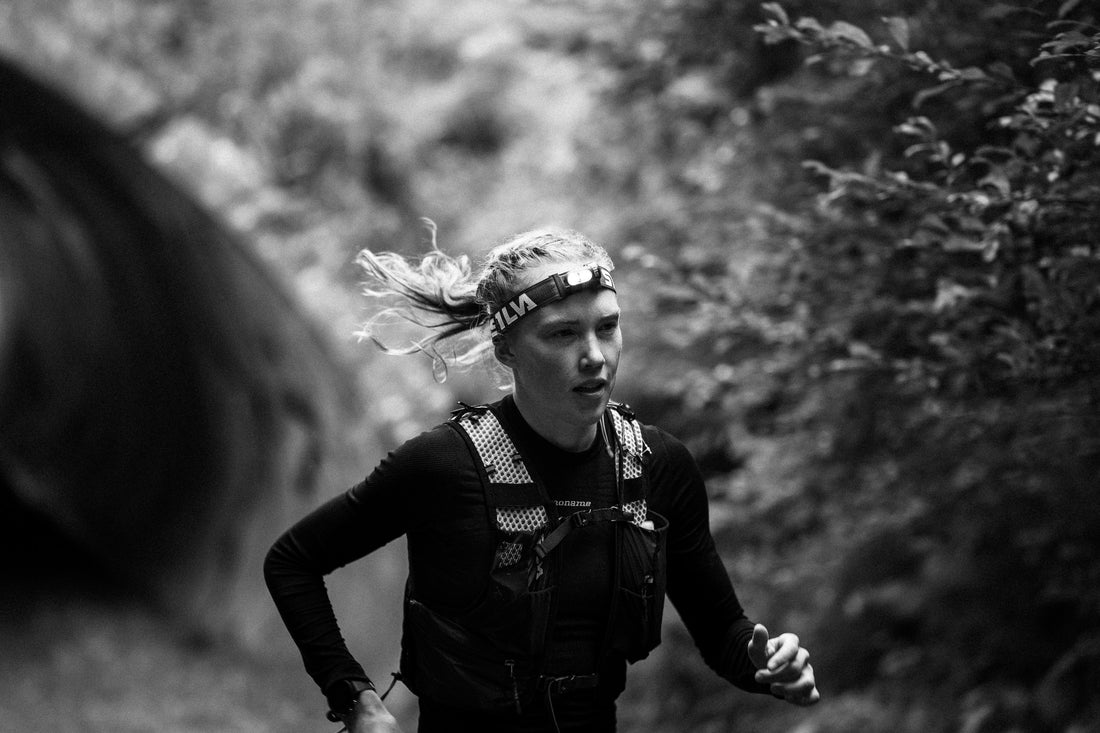Ultra endurance events are the pinnacle of athletic challenges, pushing participants to their physical and mental limits as they tackle distances far beyond conventional races. Whether it's a multi-day adventure race, a 24-hour ultramarathon, or an unsupported trek through rugged terrain, success in these events hinges on mastering fueling strategies to sustain energy levels and ward off fatigue. In this guide, we'll delve into effective fueling strategies tailored for ultra endurance athletes, equipping them with the knowledge and tools needed to conquer the most grueling races.
Understanding Energy Demands:
Ultra endurance events demand an extraordinary amount of energy expenditure, necessitating a comprehensive approach to nutrition and fueling. Athletes must carefully balance their intake of carbohydrates, fats, and proteins to meet the demands of prolonged physical exertion while avoiding the pitfalls of bonking or hitting the wall. Carbohydrates serve as the primary fuel source for high-intensity efforts, while fats provide a sustained energy source for long-duration events, making their inclusion in the diet crucial for endurance athletes.
Pre-Event Preparation:
Preparation for ultra endurance events begins long before race day, with a focus on optimizing nutrition and hydration in the days and weeks leading up to the event. Athletes should prioritize consuming a well-rounded diet rich in complex carbohydrates, lean proteins, and healthy fats to replenish glycogen stores and promote muscle recovery. Hydration is equally important, with athletes aiming to maintain optimal fluid balance through regular water intake and electrolyte supplementation.
On-Course Fueling Strategies:
During ultra endurance events, maintaining a steady intake of calories and fluids is paramount to sustaining energy levels and avoiding depletion. Athletes often employ a combination of energy gels, bars, electrolyte drinks, and real food to meet their nutritional needs on the course. As a rule of thumb, you should aime to consume between 60-90g of carbs per hour. Experimentation during training is key to identifying which fueling options work best for individual preferences and digestive tolerance. Aim to consume a balanced mix of carbohydrates, proteins, and fats throughout the event, with a focus on replenishing fluids and electrolytes lost through sweat.
Post-Event Recovery:
Recovery begins the moment an ultra endurance event concludes, with athletes prioritizing the replenishment of glycogen stores and the repair of muscle tissue. Consuming a post-event meal or snack rich in carbohydrates and protein within the first hour after finishing is essential to kickstarting the recovery process and promoting muscle repair. Adequate hydration, rest, and recovery modalities such as stretching, massage, and ice baths are also crucial in facilitating recovery and minimizing post-event soreness and fatigue.
Conclusion:
Optimizing fueling strategies is a cornerstone of success in ultra endurance events, enabling athletes to sustain energy levels and performance throughout the most demanding challenges. By prioritizing proper pre-event preparation, strategic on-course fueling, and comprehensive post-event recovery, athletes can maximize their potential and conquer even the most daunting ultra endurance races with confidence and resilience.

